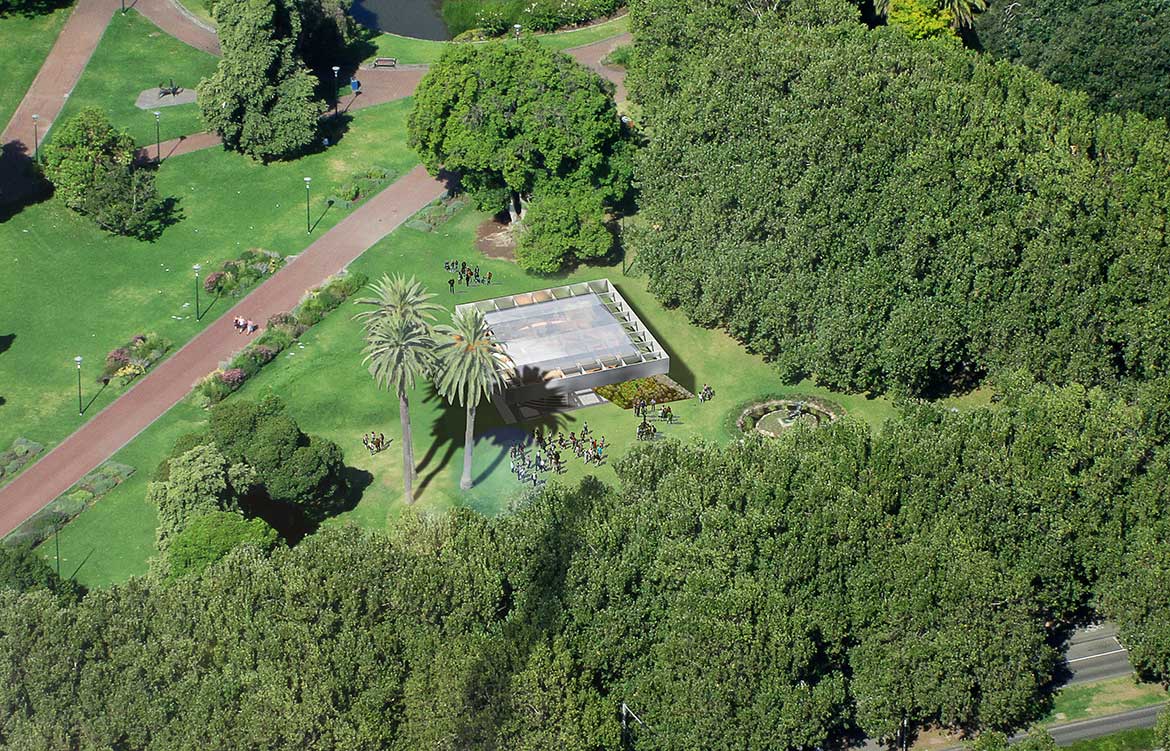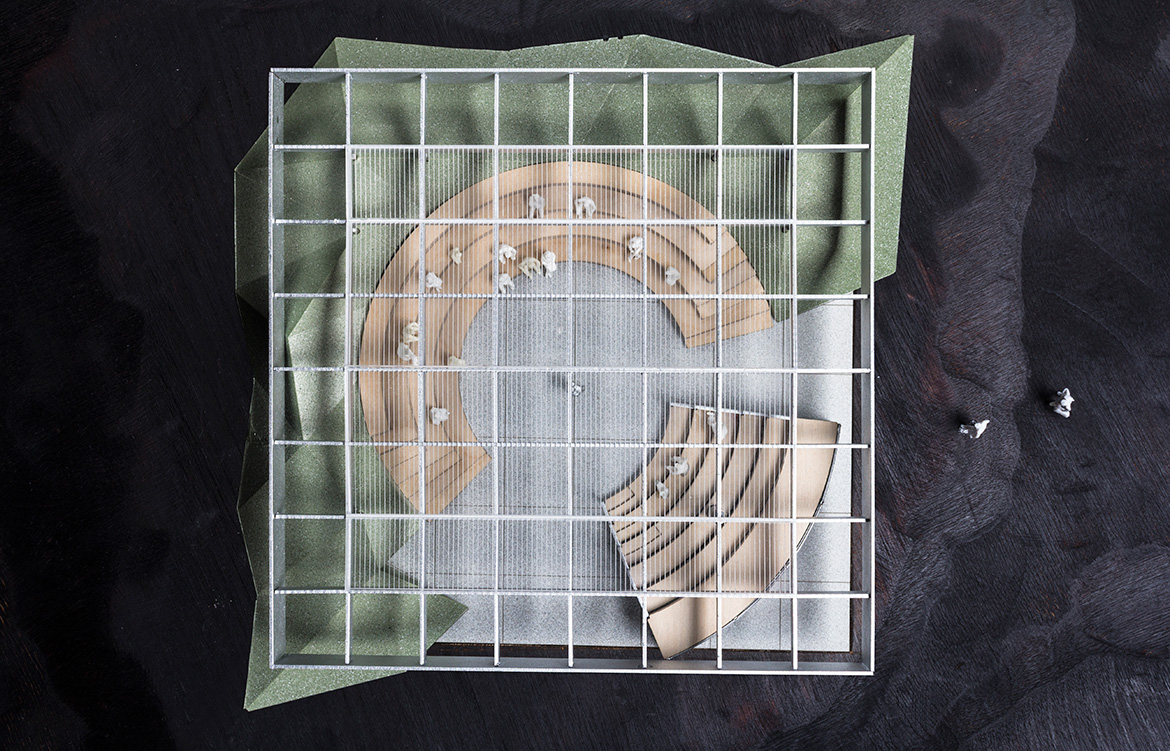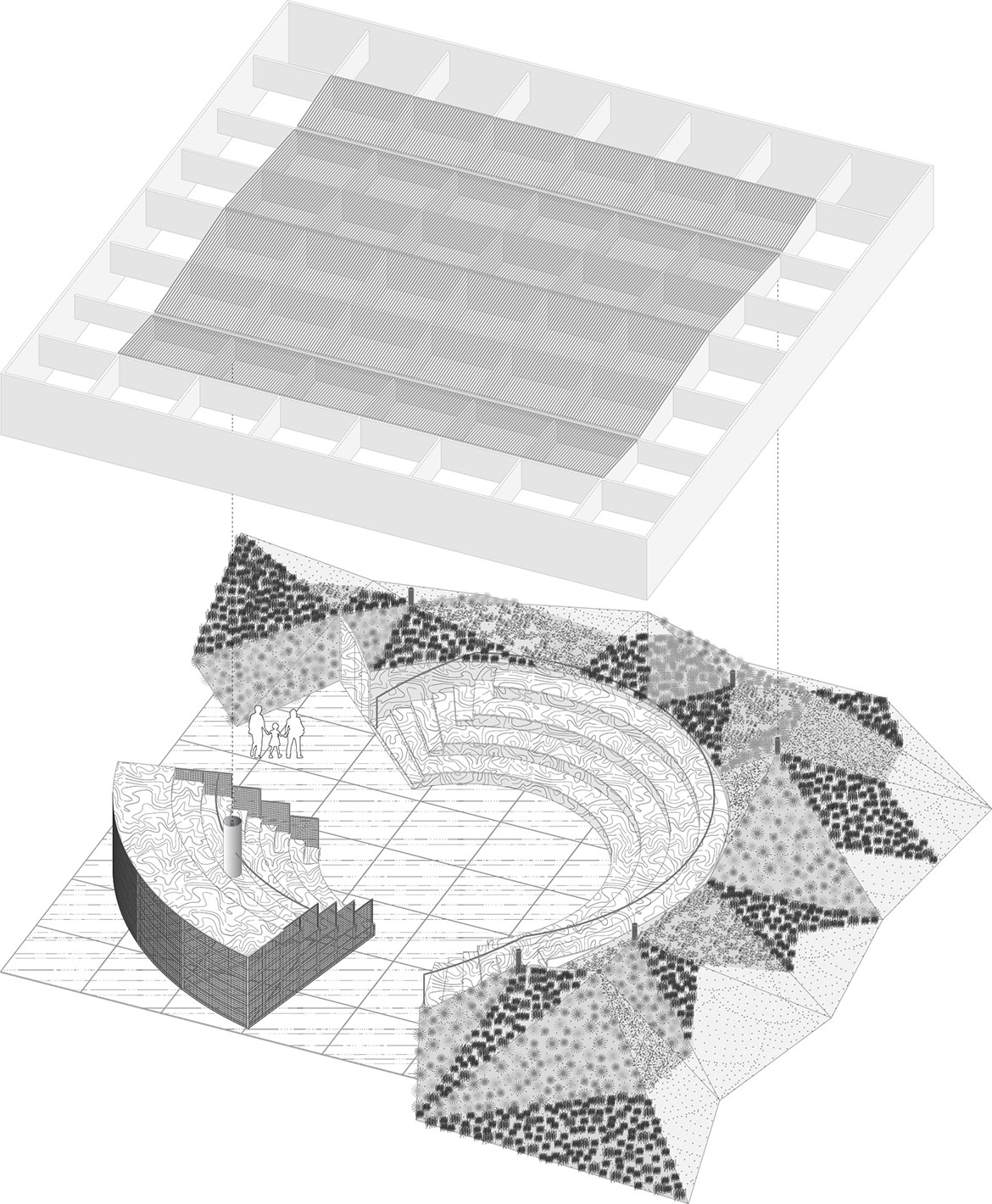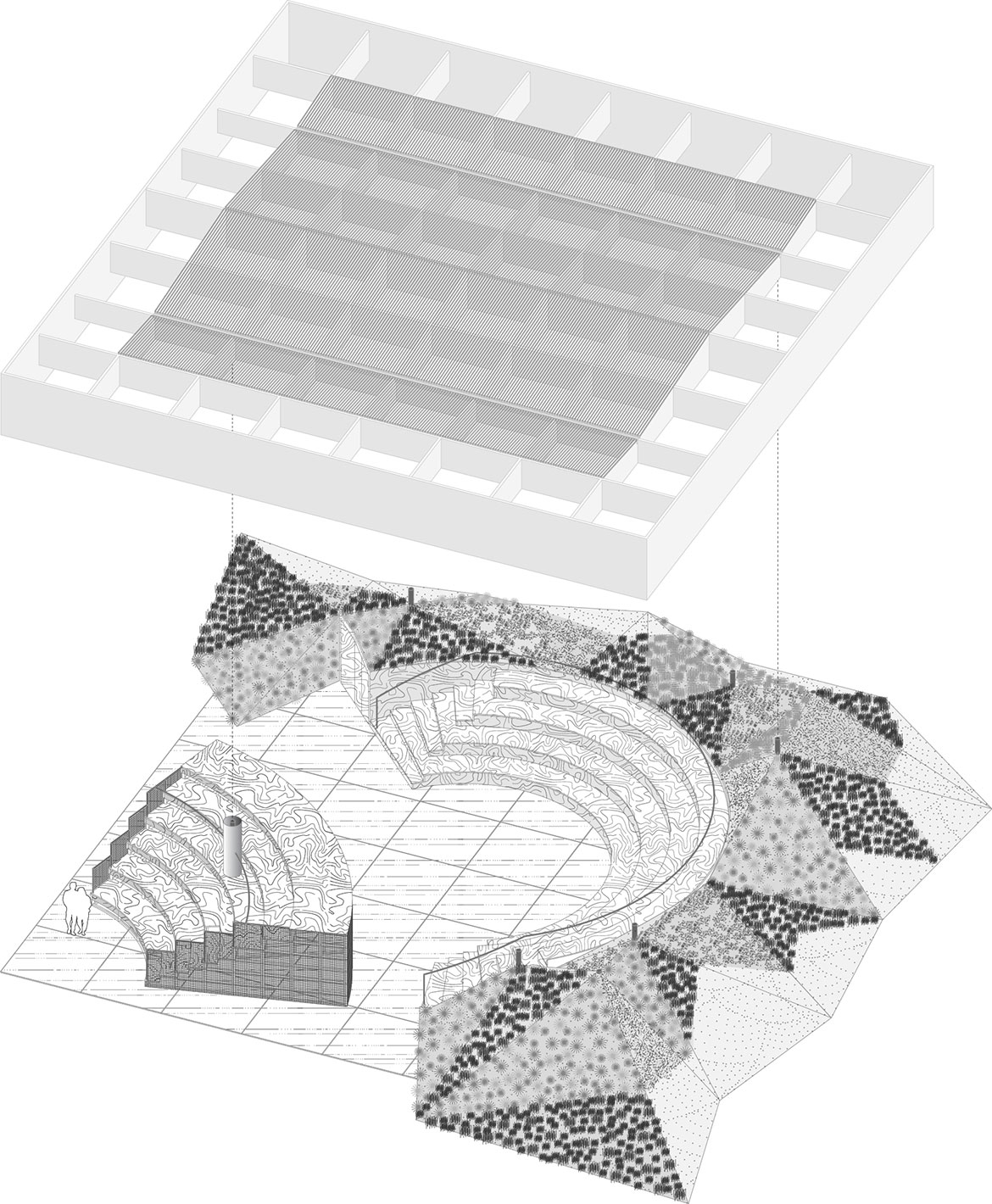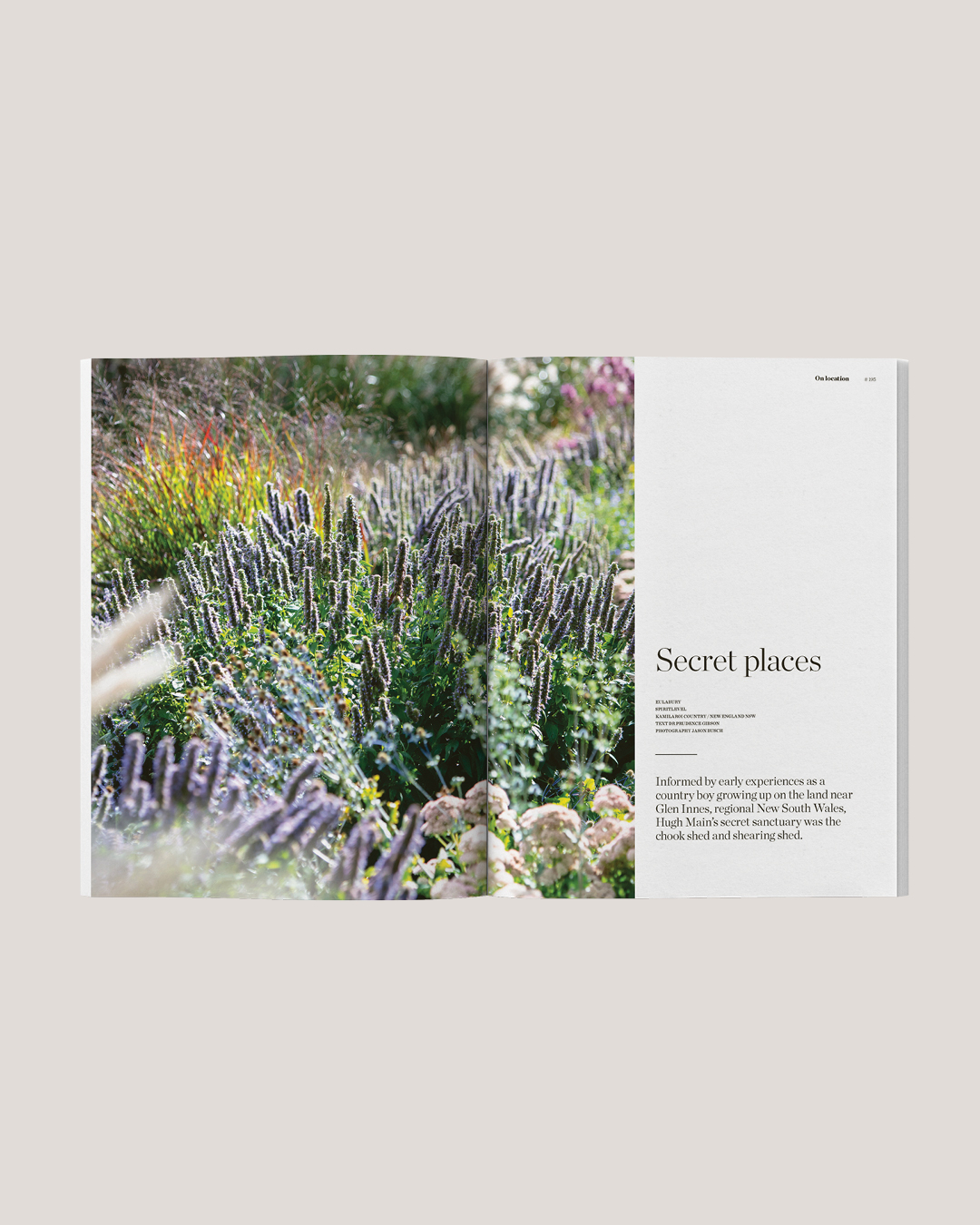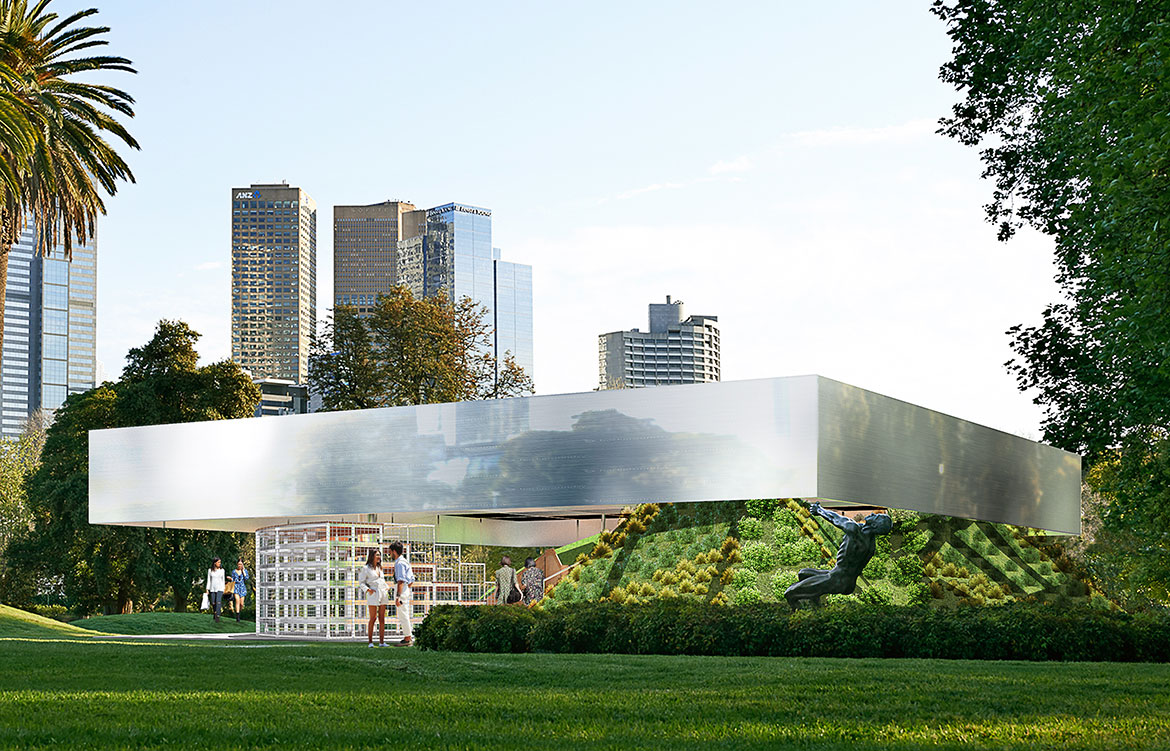An amphitheatre which rises out of the grass, and a rotatable grandstand – the fourth MPavilion, created this year by international firm OMA, is a confidently civic space. An architectural spectacle designed specifically to engage Melburnians from all walks of life.
Fitting then that this year’s MPavilion program intentionally speaks to a broader, more diverse demographic than in previous years.
Presented by Sibling Architecture, a day-long event entitled Designing the age-friendly city will include an intergenerational workshop for grandparents and children led by artist Tai Snaith, as well as discussions on designing for diversity led by the Hallmark Ageing Research Initiative.
“It’s about giving a platform to different voices,” says Timothy Moore, Co-founder and Director at Sibling Architecture. “So it’s fantastic that we will have an opportunity to hear from speakers who are around 80 years of age.”
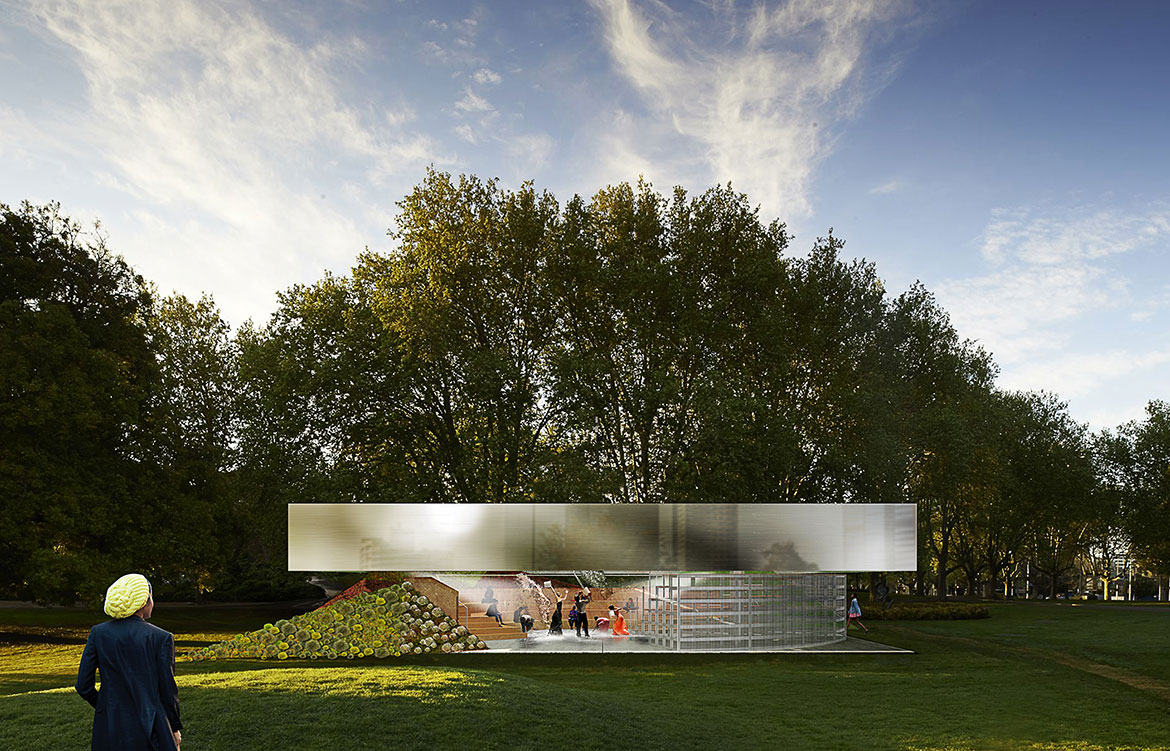
At an entirely other end of the life cycle, A stage for new parenthood will see monthly baby-friendly modifications to the space, with a regular playgroup and conversation series highlighting ways that design can cater towards growing families.
Music plays an even bigger role at MPavilion this year. An exciting arrangement with Bakehouse Studios will see the public space transformed into a working rehearsal venue for a secret roster of musicians.
“You will only find out who the artists are just before their rehearsal slot – so it could be someone new, or someone who is more an established artist. It’s going to be a space to watch,” says Sam Redston, executive director of MPavilion.
“When bands rehearse they normally face each other, but when they perform, they project to the crowd,” says Quincy McLean, owner of Bakehouse Studios. “This setting gives you the option of both, and the audience can decide where they want to be to experience it.”
Another first for MPavilion in 2017 will be the program’s regional activation, formed in collaboration with the Shepparton Art Museum and the Geelong Gallery. “There will be a strong focus on the aboriginal communities in both locations,” says MPavilion’s new Regional Project Manager, Sarah Lynn Rees. “And we will also be looking at immigrant communities and diversity which exists in regional centres.”
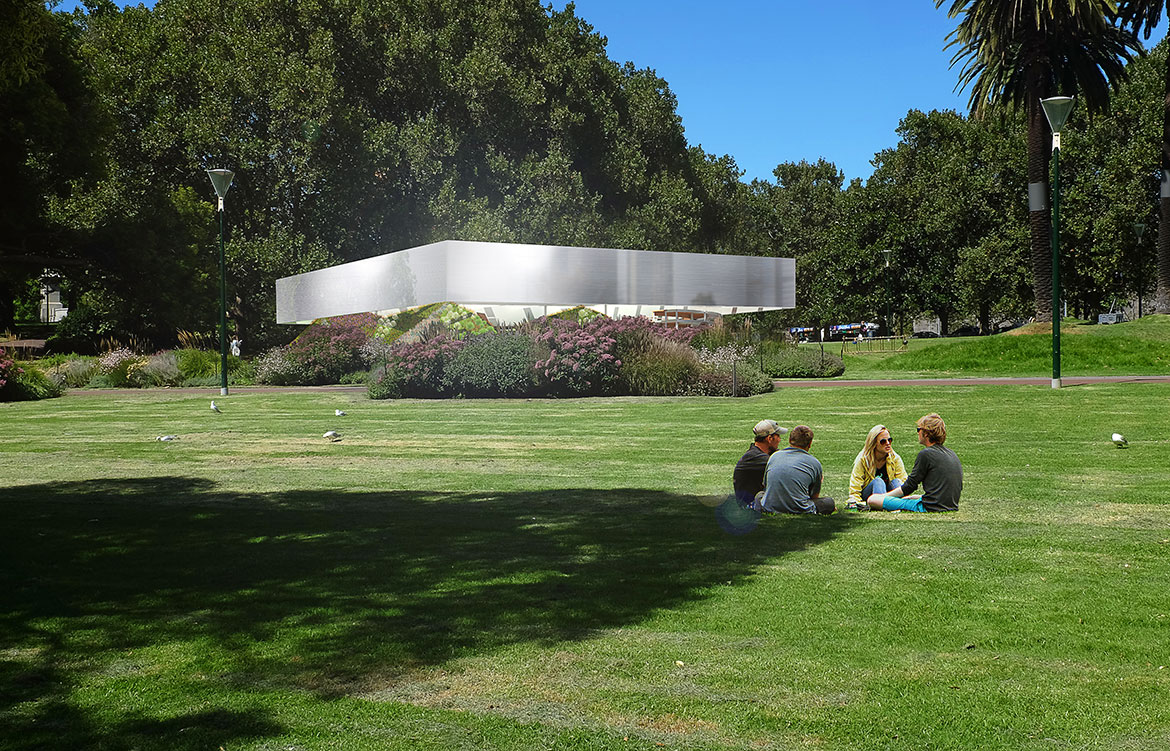
Design-curious individuals based in the remote townships can experience artist Keg de Souza’s work with local cultural groups, and enjoy workshops run by celebrated London-based architect Jack Self, curator of the British Pavilion at the 2016 Venice Architecture Biennale.
MPavilion’s expansion into rural areas not only makes for a more egalitarian dialogue of design outside of the city, but also aligns with OMA’s current fascination for the countryside. On October 3, Melbourne School of Design will host Rem Koolhaas’ lecture on his vision of the countryside in a sold-out event (OMA fans can register on an MPavilion waitlist for notification on when further tickets may become available).
The new pavilion’s role in supporting design discourse will come to the fore during a highly anticipated forum presented by Rem Koolhaas and David Gianotten. The pair will discuss and examine public space with a panel of experts, while the structure itself, configurable in either grandstand or auditory mode, provides a moving stage used to moderate the conversation.
“The cultural exchange takes priority over the building as an object,” says Paul Jones, Director-Architect at OMA. “The collaborators were briefed of the possibilities of the space, and they’re really embracing the structure in different ways. So by building in that adaptability, we have been able to support a very diverse program.”
As Jessie French, deputy creative director of MPavilion explains: “We are trying to get across the idea that design is for everyone – to give people ways to understand how it relates to them, and what good architecture and design can do.”
MPavilion opens to the public from 3 October 2017 and runs until 4 February 2018.
